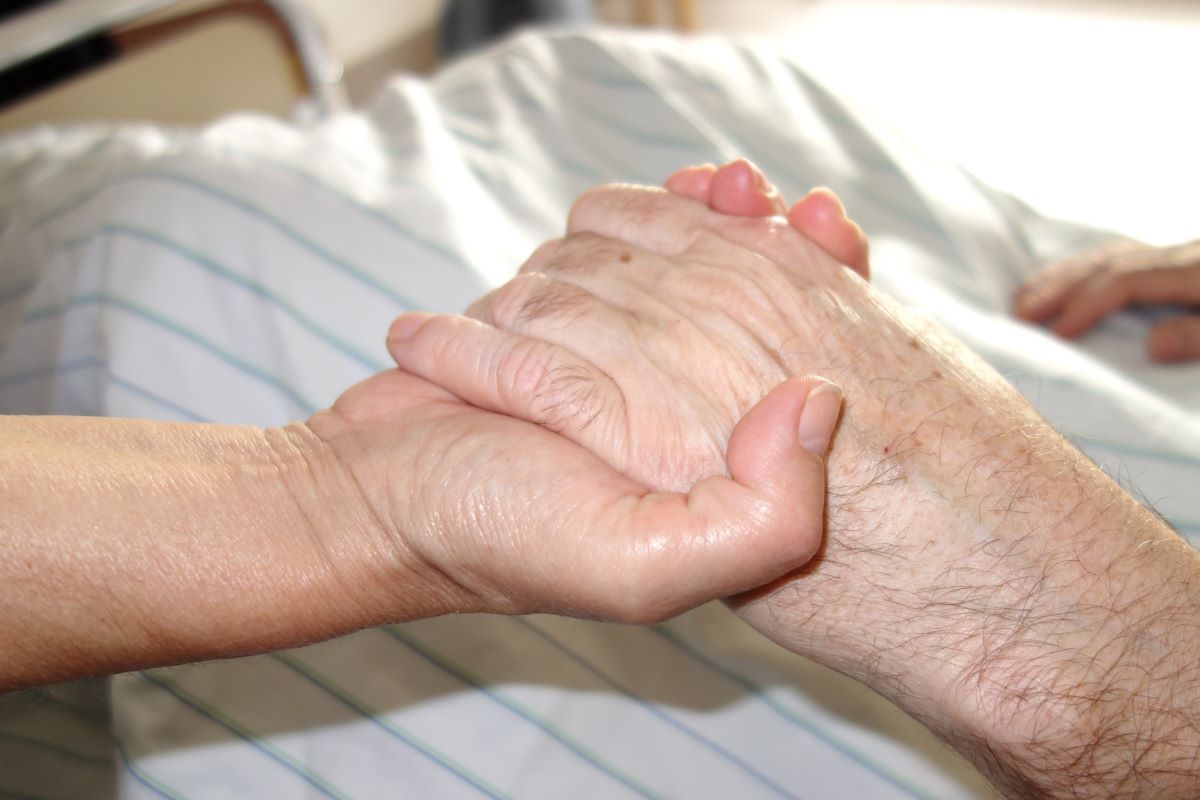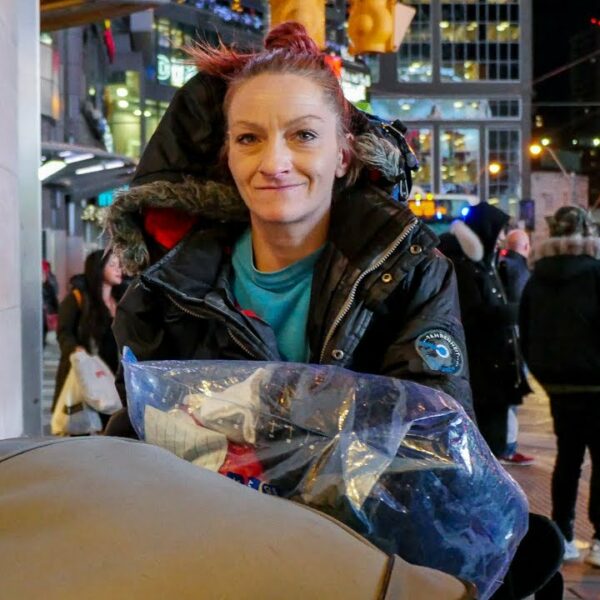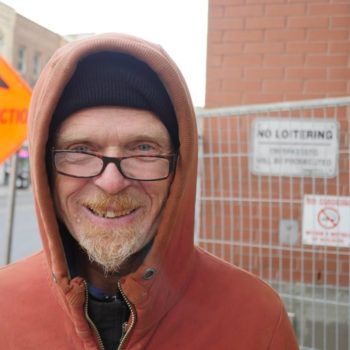Opponents Claim Leniency Could Incentivize Homeless, Poor and Disabled Individuals to Opt for the MAID Program
Meanwhile, Canada Has Take the Top Spot in Euthanasia Organ Donations
In 2015, Canada voted to legalize assisted suicide. The country has since been campaigning that killing people because they are depressed or suffering from an illness is somehow humane, even (cringe) kind.
In reality, this is just a way to avoid solving the social problems caused by stress, anxiety, depression, and other forms of mental illness running rampant in the modern age. As you will see, these assisted suicides are even (double cringe) profitable for people in positions of power.
The Dubious Implications of Canada’s MAID Program
Medical Assistance in Dying, MAID for short, is a program that would put Dr. Kevorkian and other euthanasia proponents to shame. Unlike previous dystopian death propositions, MAID doesn’t require the “client” (i.e., victim) to be terminally ill or ill at all. In fact, the people who are put to death don’t even have to want to die.
In a bizarre case that was darker and stranger than fiction, 61-year-old Alan Nichols, a disabled man with a history of depression, was forced to go through with the “assisted suicide” he signed up for through MAID, even after proclaiming that he did not want to die.
“Alan was basically put to death,” one forlorn family member said of the tragedy.
Mr. Nichols’ story is unsettling. Experts like Marie-Claude Landry, the head of the Human Rights Commission, claim Canada’s euthanasia laws are so lax they border on being discriminatory to vulnerable populations, specifically:
- people in poverty
- people with disabilities
- people at risk for or already experiencing homelessness
Human Rights Experts Representing the United Nations Spoke Against the Lax Nature of MAID — Their Concerns Echo an International Dilemma.
Euthanasia “cannot be a default for Canada’s failure to fulfill its human rights obligations,” Landry said when probed on the subject matter.
Her statement suggests that the MAID program’s leniency could incentivize homeless, poor, and disabled individuals to take their own lives as an alternative to providing them with housing.
As shocking as it sounds, there are already alarming examples that might confirm her suspicion.
According to the Independent, Amir Farsoud, 54, applied for MAID because he feared becoming homeless and didn’t want to die with no dignity on the streets. Rather than offering the vulnerable client housing assistance, he was offered a seal of approval for assisted suicide.
Farsoud has since retracted his application for MAID because a GoFundMe account raised enough money to keep him from becoming unhoused. This proves that he never truly wanted to die, and that housing was the proper solution to his problem.
“Basically, as long as I have enough that I’m not going hungry and not worrying about the basics until however many months or years I went on the waiting list for permanent, stable, affordable housing. That’s all I ever wanted,” he explained.
Today, people who are too poor to afford housing or who can’t work to maintain housing due to a physical or mental disability could be coerced into signing up for MAID, a program they can never leave alive. As sinister as that sounds, another disturbing statistic is of note.
Since Removing the Restrictions for Medical Assistance in Dying, Canada Has Taken the Top Spot for Organ Donations through Euthanasia
According to Global News, less than 2% of all Canadians die in a manner that makes them eligible to donate organs. Yet in 2022, following the removal of certain restrictions for the MAID program, Canada surpassed every other country on the planet in the number of organs donated through euthanasia. What’s more, it wasn’t even a close call. Canada’s donations account for over half of all other top donating countries combined.
It’s important to point out that many people who suffer from terminal illnesses are not eligible to be donors through euthanasia. This includes people with cancer, heart disease, and various contagious infections spreading throughout the body post-humus.
Given that information, isn’t it ironic how, suddenly, perfectly healthy people living in deep poverty are approved for these programs? The implications here are bleak and could become global if allowed to continue.
In a candid conversation with VOA News reporters, the executive director of Ottawa-based Physicians for Life, Nicole Scheidl, expressed grave concern:
“I know transplant teams would want to make sure that individuals who were euthanized were not coerced,” she said.
No Country Should Have an Incentive to Put Homeless People to Death. Talk to your Representatives About Housing Rights for All
Regardless of whether this euthanasia leniency is being used to coerce homeless people into assisted suicide, post-humus organ donation, or both, the fact remains that there should never be an incentive to sentence people on the brink of homelessness to death.
A dystopian scenario like this couldn’t happen in Canada, the United States, or anywhere else if housing were legislated as a human right. It used to be true that housing was healthcare. Now, it might be more accurate to say that housing is life. Please get in touch with your local lawmakers today.













